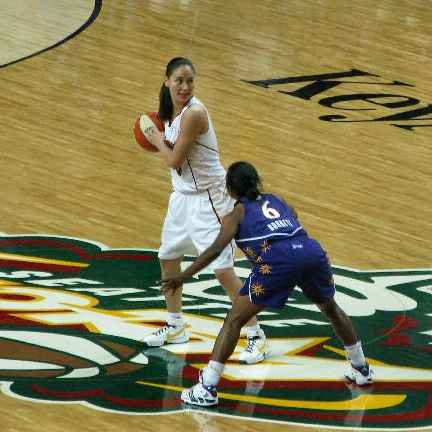
The W.N.B.A. and its players’ union (WNBPA) have agreed in principle on a new collective bargaining agreement. According to a release from the league and player’s association, the agreement comes with substantial pay increases, upgraded travel accommodations, and paid maternity leave, among other benefits. The sum of new investment, accounting for league and team-specific initiatives, is nearly $1 million per team per season.
The proposed contract still must be approved by the league’s board of governors and the union’s membership. Cathy Engelbert, the commissioner of the W.N.B.A., said she expected unanimous approval by the league’s board of governors. The contract would last for eight years, through 2027. The previous agreement had been set to run through 2021, but in November 2018, the WNBPA announced that it would opt out of the deal at the conclusion of the 2019 season.
Among other things, the league would add $1.6 million annually for “league marketing agreements” of up to $250,000 for any one player. This would enable top players to earn more than $500,000, about triple last season’s ceiling, with a single-season salary of up to $215,000 plus bonus incentives for things like All-Star appearances and awards. The league’s minimum salary for players with two years of experience (or less) will increase from $41,965 to $57,000, while for players with three or more years of experience, the minimum will rise to $68,000 from $56,375.
Mothers and expecting mothers will also benefit from the new agreement. The league’s teams will now guarantee two-bedroom apartments for players with children, provide maternity leave with full salary, create a dedicated space in arenas for nursing mothers, and give players a $5,000 child care stipend. Veteran players also would be able to seek reimbursement for costs directly related to adoption, surrogacy, egg freezing and fertility treatment.
Engelbert called the proposed contract a “big bet on women.” In a statement, Adam Silver, the commissioner of the N.B.A. (which created the W.N.B.A. in 1996 and shares ownership with the women’s teams), said that the agreement “will be a roadmap for the future of the W.N.B.A. and reinforces the N.B.A.’s belief in the league’s strong potential for growth.”
